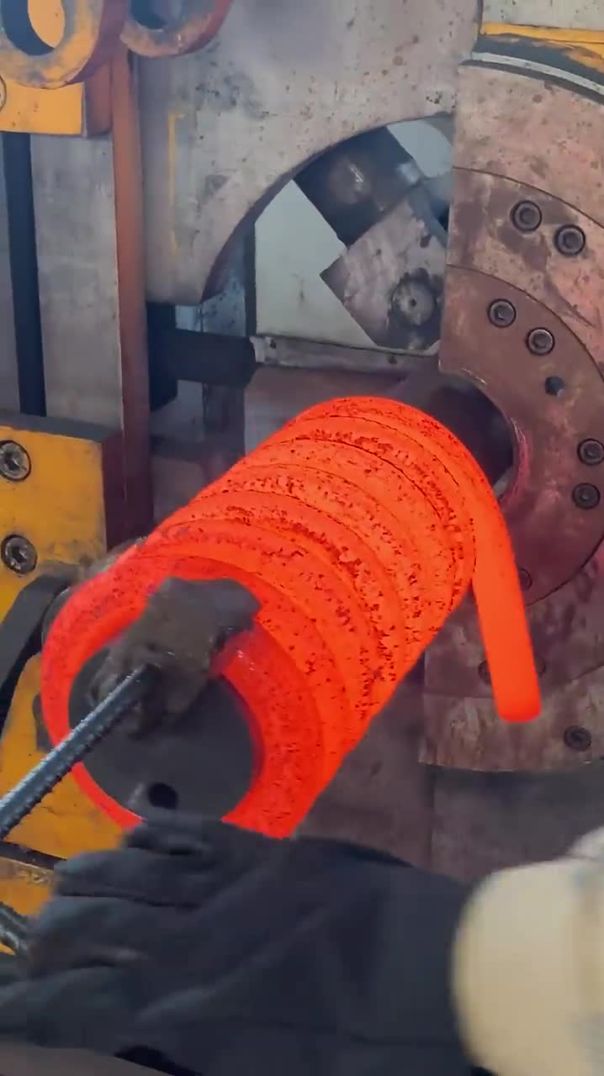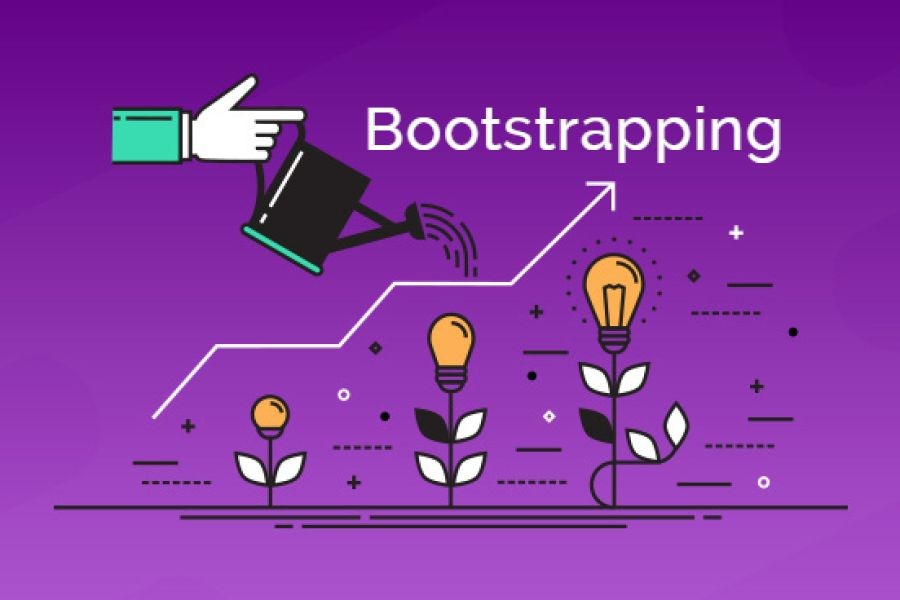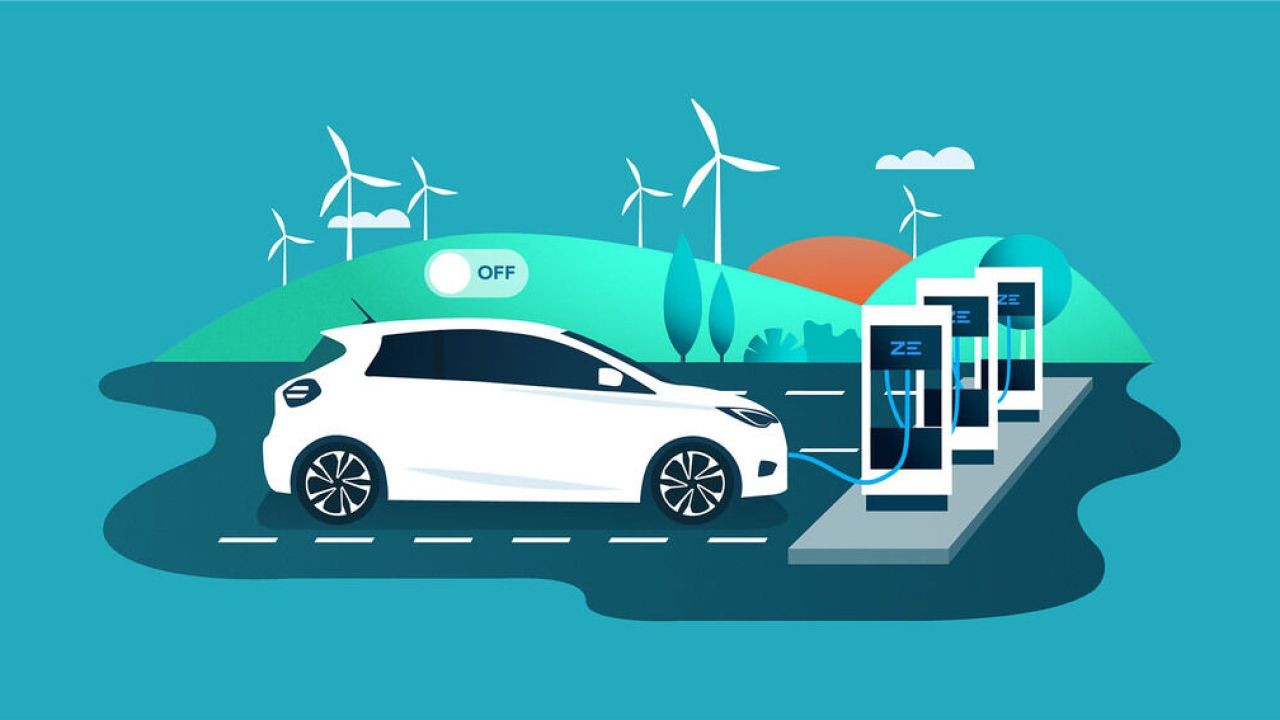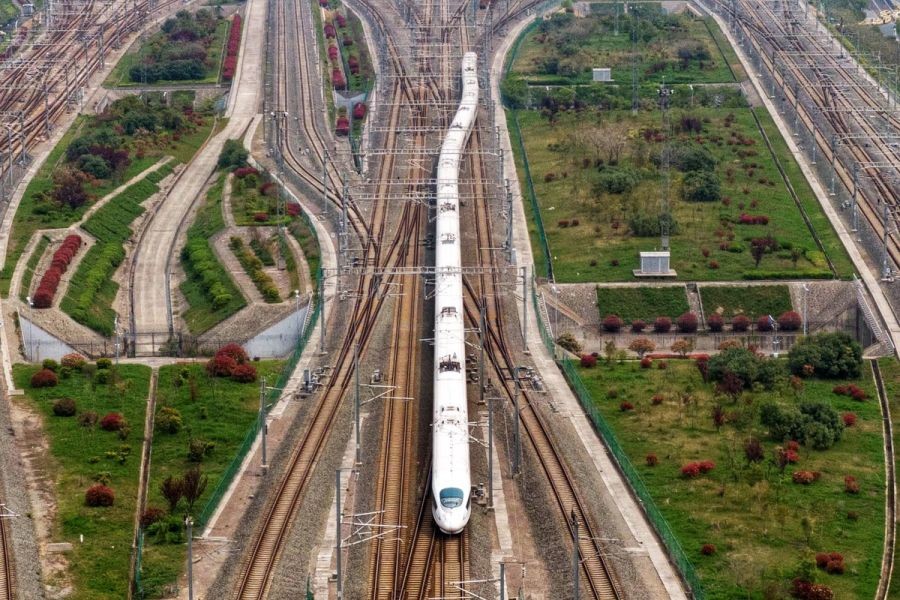The Australian startup landscape is on the cusp of significant transformation, with regional cities beginning to emerge as potential hubs for innovation and entrepreneurship. As Sydney continues to grapple with high living costs and intense competition, regional cities offer an appealing alternative. But is this shift feasible, and what does it mean for the future of startups in Australia?
The Current State of Australian Startups
Australia's startup ecosystem has traditionally been concentrated in major urban centers like Sydney and Melbourne. According to the Australian Bureau of Statistics, these cities have been the epicenter of 70% of startup activity in the country, driven by their robust infrastructure, access to funding, and a vibrant talent pool. However, the saturation of these markets is prompting entrepreneurs to explore beyond the metropolitan boundaries.
Why Regional Cities?
- Cost Efficiency: Regional cities offer lower operational costs compared to Sydney. Office space, housing, and everyday expenses are significantly cheaper, enabling startups to allocate more resources towards innovation and growth.
- Quality of Life: The allure of a better work-life balance is drawing many professionals to regional areas. With less congestion and a closer-knit community, these areas provide a conducive environment for creativity and collaboration.
- Government Incentives: The Australian government has introduced regional development grants and tax incentives to stimulate economic growth in these areas. The Regional Growth Fund, for example, supports infrastructure projects that facilitate business expansion.
Case Study: The Rise of Newcastle
Problem: Newcastle, once primarily known for its coal exports, faced an economic downturn with the decline of the coal industry. The city needed to diversify its economic base to ensure sustainable growth.
Action: Leveraging its proximity to Sydney, Newcastle positioned itself as a technology and innovation hub. The establishment of the Newcastle Innovation Hub, supported by government grants and partnerships with universities, played a pivotal role. The hub provided startups with access to advanced facilities and a collaborative ecosystem.
Result: Within five years, Newcastle saw a 30% increase in tech startups. The city attracted significant investments, and startups reported an average revenue growth of 25%. The success of Newcastle serves as a blueprint for other regional cities aiming to attract entrepreneurial talent.
Takeaway: Newcastle's transformation illustrates the potential of regional cities to become innovation hubs. With strategic planning and investment, other cities can replicate this success, contributing to a more balanced national startup ecosystem.
Challenges and Considerations
While the prospects are promising, relocating startups to regional cities is not without challenges. Limited access to venture capital, a smaller talent pool, and the need for improved digital infrastructure are significant hurdles. According to the Reserve Bank of Australia, only 20% of regional startups secure adequate funding compared to their urban counterparts, highlighting a gap that needs addressing.
Pros vs. Cons of Regional Startup Growth
- Pros:
- Lower costs and a conducive environment for innovation.
- Government support in terms of grants and tax incentives.
- Potential to stimulate local economies and create jobs.
- Cons:
- Limited access to investors and funding opportunities.
- Potential skills gap due to a smaller talent pool.
- Infrastructure development may lag behind urban centers.
Future Trends: The Decentralization of Startups
Prediction: By 2030, it is anticipated that 40% of Australian startups will be based in regional areas, driven by advancements in remote work technology and ongoing government support for regional development. The decentralization trend will not only diversify the startup ecosystem but also distribute economic benefits more evenly across the country.
As technology continues to evolve, the barriers of distance are diminishing. The rise of remote work and digital connectivity means that startups can thrive virtually anywhere, provided they have the right support and infrastructure.
Conclusion: The New Frontier
The shift towards regional cities represents a significant opportunity for the Australian startup ecosystem. While challenges persist, the benefits of decentralization—cost savings, improved quality of life, and government incentives—offer compelling reasons for entrepreneurs to consider these areas. As we move into the future, the realignment of startups across Australia could lead to a more innovative and resilient economy.
Are you considering starting a business in a regional city? Share your thoughts and experiences below, and let's discuss how we can collectively drive innovation across Australia.
Related Search Queries
- Future of Australian startups
- Regional city growth in Australia
- Government incentives for startups in Australia
- Cost of living in regional Australia
- Innovation hubs in Australia
People Also Ask
How do regional cities benefit startups in Australia? Regional cities offer lower operational costs, a better quality of life, and government incentives, making them attractive for startups looking to innovate without the high expenses of major cities.
What challenges do startups face in regional Australia? Startups in regional areas often struggle with limited access to venture capital, a smaller talent pool, and the need for improved infrastructure, which can hinder growth.
Are there successful examples of startups thriving in regional Australia? Yes, Newcastle is a prime example, where strategic investments in innovation hubs have led to a significant increase in tech startups and revenue growth.
































jand069624286
10 months ago